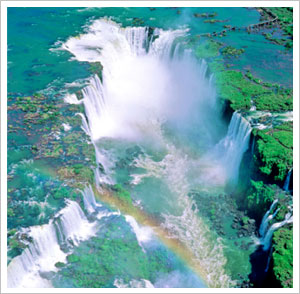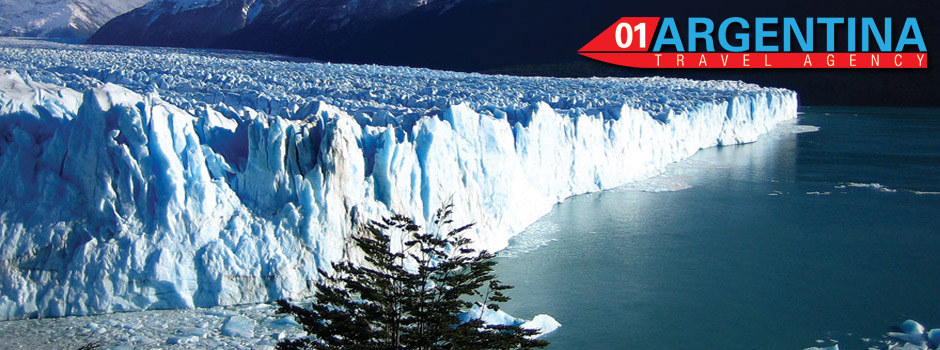Argentina is a beautiful country, with a range of unique landscapes. In the previous note, we tell you about little known places in the country, this time, we want to tell you about places that you have probably already heard or visited. These places were chosen in 2019 as the 7 Natural Wonders of Argentina. We accompany you to get to know them a little more.
Perito Moreno Glacier, Santa Cruz
The Glacier is located within the Los Glaciares National Park. Together with the other glaciers in the park, they form the Continental Patagonian Ice, around 17 thousand km long. This continental ice is the third most important freshwater reserve in the world, behind Antarctica and Greenland. The three zones make up 90% of the planet’s fresh water.
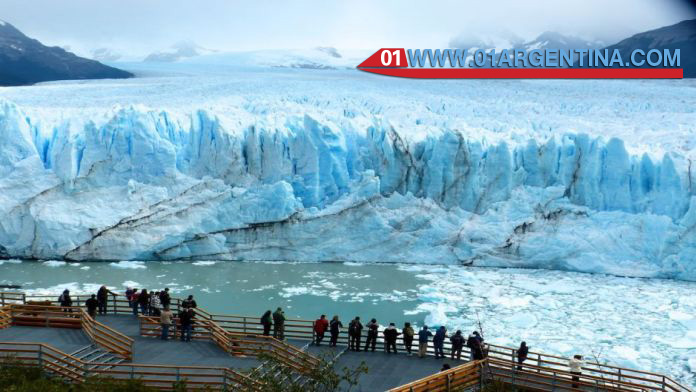
The glacier has 60 m. high and 5 km long at the front. Thanks to its constant movement, the water manages to enter recesses forming innumerable caves. The collapse of these caves is one of the natural spectacles of the glacier that attracts many tourists from all over the world.
Talampaya National Park, La Rioja
The park was created with the aim of protecting the archaeological and paleontological sites in the area. The same characteristics that this park presents are its neighbor the Ischigualasto Provincial Park, also known as the Valley of the Moon, located in the province of San Juan. Both parks were declared as Cultural and Natural Heritage of Humanity by UNESCO in 2000.
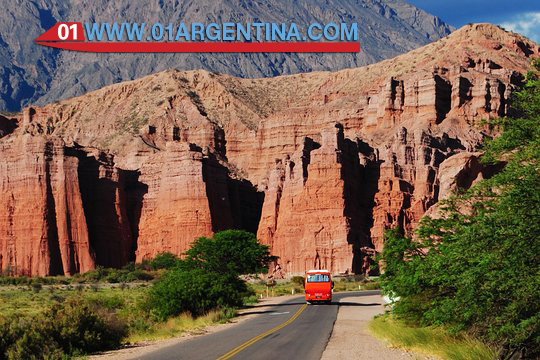
Bathed La Estrella, Formosa
El Bañado is the second largest wetland in Argentina. Most of the year it is flooded by constant rains and by the overflow of the Pilcomayo River.
In the region is the settlement of Bartolomé de las Casas, belonging to the original Pilagás community.
The bathing is shallow, with abundant vegetation. Among the animals that inhabit this area are the capybara, the alligator, numerous aquatic snakes and the well-known canine Aguará guazú.
Mina Clavero River, Córdoba
Mina Clavero is a city of Córdoba. This tourist destination is crossed by three rivers, and countless streams. The Mina Clavero river is born in the Altas Cumbres, and crosses the center of the city. The river gives rise to a variety of spas throughout the course, recreational spaces that provide an experience of greater contact with nature.
Nahuel Huapi, Neuquén and Río Negro National Park
Being the oldest National Park in the country, its humid and cold Andean forests, its snowy peaks and its turquoise lakes, make it recognized throughout the world. Its name comes from the immense lake that runs through this Park, the Nahuel Huapi. On this lake are located San Carlos de Bariloche, in Río Negro, and Villa la Angostura, in Neuquén. In its exceptional nature, there are mammals, birds, native trees and fish.
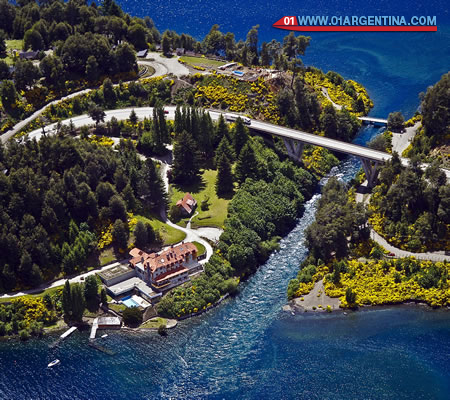
Salinas Grandes, Jujuy
This huge desert is located 4000 meters above sea level, and is the second largest salt flat in South America and the world, covering an area of 12 thousand hectares. It was originated by the waters of a volcano, which at the time of evaporation left its components forming a crust of approximately 30 centimeters. This is what a mirror-like white layer achieves that creates unique landscapes formed by the nature that surrounds it and the reflections that are created.
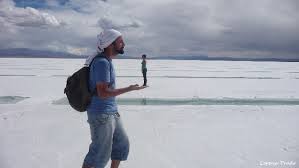
Selva Misionera, Misiones
It extends through 3 countries (Argentina, Brazil and Paraguay), and is considered one of the most biodiverse eco-regions on the planet, and one of the most threatened worldwide. It is made up of rivers, valleys, mountains, and immense vegetation that create a humid and rainy forest. 400 species of birds live in it and within its fauna, the most iconic are the jaguar, the tapir, the anteater and the tatú carreta.
